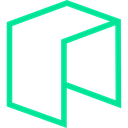-
 Bitcoin
Bitcoin
$92,926.6934
-3.12% -
 Ethereum
Ethereum
$3,293.4554
-2.21% -
 Tether USDt
Tether USDt
$0.9994
-0.02% -
 XRP
XRP
$2.3106
-0.48% -
 BNB
BNB
$691.7793
-1.02% -
 Solana
Solana
$190.6762
-3.36% -
 Dogecoin
Dogecoin
$0.3321
-5.34% -
 USDC
USDC
$0.9999
0.00% -
 Cardano
Cardano
$0.9136
-8.74% -
 TRON
TRON
$0.2435
-2.67% -
 Avalanche
Avalanche
$36.5191
-6.26% -
 Sui
Sui
$4.6106
-0.64% -
 Toncoin
Toncoin
$5.2122
-0.68% -
 Chainlink
Chainlink
$19.8830
-5.40% -
 Shiba Inu
Shiba Inu
$0.0000
-3.66% -
 Stellar
Stellar
$0.4030
-7.01% -
 Hedera
Hedera
$0.2718
-4.35% -
 Polkadot
Polkadot
$6.6096
-5.17% -
 Bitcoin Cash
Bitcoin Cash
$423.1784
-3.31% -
 UNUS SED LEO
UNUS SED LEO
$9.0173
1.35% -
 Uniswap
Uniswap
$12.8095
-4.40% -
 Litecoin
Litecoin
$101.2783
-1.92% -
 Bitget Token
Bitget Token
$6.2292
-4.27% -
 Pepe
Pepe
$0.0000
-5.06% -
 Hyperliquid
Hyperliquid
$20.7781
-5.55% -
 NEAR Protocol
NEAR Protocol
$4.9975
-4.41% -
 Ethena USDe
Ethena USDe
$0.9988
0.03% -
 Dai
Dai
$0.9998
-0.01% -
 Internet Computer
Internet Computer
$10.5084
-3.72% -
 Aptos
Aptos
$8.6820
-7.52%
Which Bitcoin Gold trading platform is better?
Security-conscious traders should prioritize platforms that emphasize cold storage, two-factor authentication, and compliance with KYC and AML regulations.
Nov 19, 2024 at 02:42 pm
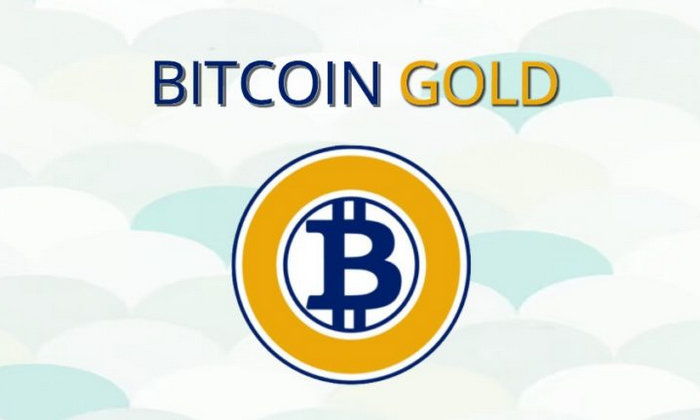
Which Bitcoin Gold Trading Platform is Better?
Introduction
With the increasing popularity of Bitcoin Gold (BTG), many trading platforms have emerged to provide users with access to this digital asset. However, with so many options available, it can be difficult to determine which platform is the best fit for your needs. This comprehensive guide will delve into the key factors to consider when evaluating Bitcoin Gold trading platforms, empowering you to make an informed decision.
1. Security and Reliability
In the realm of cryptocurrency trading, security should be your paramount concern. Reputable platforms employ robust security measures to safeguard users' funds and data.
- Cold Storage: Look for platforms that store the majority of their Bitcoin Gold in cold storage, which is offline and immune to online hacking attempts.
- Two-Factor Authentication (2FA): This additional layer of security requires you to provide two forms of identification, such as a password and a code sent to your mobile device, when logging in or transacting.
- Know Your Customer (KYC) and Anti-Money Laundering (AML) Compliance: Legitimate platforms adhere to KYC and AML regulations by verifying users' identities and monitoring transactions for suspicious activity.
- Third-Party Audits: Platforms that undergo independent audits demonstrate transparency and accountability, as external experts evaluate their security protocols and practices.
2. Trading Fees
Trading fees can significantly impact your profitability. Before choosing a platform, carefully examine its fee structure and compare it to those offered by competitors.
- Maker and Taker Fees: Maker orders add liquidity to the market, while taker orders remove liquidity. Some platforms charge different fees for each type of order.
- Volume-Based Discounts: Many platforms offer reduced trading fees for users who trade high volumes. Consider your expected trading activity when comparing fee schedules.
- Hidden Fees: Be wary of platforms that impose hidden fees, such as withdrawal fees or activity fees. Transparency is crucial.
- Comparison of Trading Fees: A research showed that Binance offers one of the lowest trading fees, starting at 0.1%, while Coinbase Pro charges slightly higher fees, starting at 0.3%.
3. Liquidity
Liquidity refers to the ease and speed with which you can buy or sell Bitcoin Gold on the platform. High liquidity ensures that you can execute trades without substantial price slippage or execution delays.
- Trading Volume: The trading volume of a platform provides an indication of its liquidity. A platform with a higher trading volume is likely to offer better liquidity.
- Order Book Depth: A deep order book indicates a wide range of buy and sell orders at various prices, allowing you to place trades at more advantageous rates.
- Market Maker Incentives: Some platforms offer incentives to market makers who provide liquidity, which helps to enhance trading volume and liquidity.
- Centralized vs. Decentralized Exchanges: Centralized exchanges generally offer higher liquidity, as they maintain control over their order books, while decentralized exchanges often experience lower liquidity due to their distributed nature.
4. Features
Depending on your trading preferences, consider the features offered by each platform. Some platforms excel in specific areas, while others provide a more comprehensive suite of tools and services.
- Margin Trading: This allows you to trade with borrowed funds, potentially amplifying your profits but also increasing your risk.
- Advanced Order Types: Advanced order types, such as stop-loss orders and limit orders, give you greater control over your trades and risk management.
- Technical Analysis Tools: These tools, such as charting and technical indicators, help you analyze market trends and make informed trading decisions.
- Customer Support: The availability of responsive and knowledgeable customer support is invaluable, especially if you encounter any issues or have questions.
- Mobile App: If you prefer to trade on the go, look for platforms that offer convenient mobile apps for iOS and Android.
5. User Interface and Usability
The user interface and overall usability of the platform can significantly impact your trading experience.
- Intuitive Design: The platform should be easy to navigate and understand, even for novice traders.
- Clear and Comprehensive Data: Provides clear and comprehensive information about market trends, order status, and account balances.
- Customization Options: Allows you to customize the interface to suit your preferences and trading style.
- Feedback and Reviews: Read reviews from other users to gain insights into the overall user experience and customer satisfaction.
6. Supported Cryptocurrencies
Consider the range of cryptocurrencies supported by the platform. If you plan to trade multiple digital assets, choose a platform that offers a wide selection.
- Number of Cryptocurrencies: Some platforms support hundreds or even thousands of cryptocurrencies, while others may focus on a limited number.
- Popular Coins: Ensure that the platform supports popular coins such as Bitcoin Gold, Bitcoin, Ethereum, and altcoins.
- Emerging Coins: If you're interested in trading emerging or niche cryptocurrencies, check if the platform supports them.
- Stablecoins: Stablecoins can be useful for hedging against volatility or trading between cryptocurrencies. Ensure the platform supports the stablecoins you prefer.
Conclusion
Choosing the right Bitcoin Gold trading platform involves carefully evaluating factors such as security, reliability, trading fees, liquidity, features, user interface, and supported cryptocurrencies. By aligning these considerations with your trading needs, preferences, and risk tolerance, you can identify the platform that best meets your requirements.
Disclaimer:info@kdj.com
The information provided is not trading advice. kdj.com does not assume any responsibility for any investments made based on the information provided in this article. Cryptocurrencies are highly volatile and it is highly recommended that you invest with caution after thorough research!
If you believe that the content used on this website infringes your copyright, please contact us immediately (info@kdj.com) and we will delete it promptly.
-
Happy 16th Birthday, Bitcoin!
- 2025-01-09 16:40:23
-
The domestic coin market industry was also busy responding to the possibility of allowing corporations to invest in virtual assets this year.
- 2025-01-09 16:50:25
-
8 Best Cryptocurrency Coins to Buy For the Crypto Bull Run
- 2025-01-09 16:50:26
-
The Heartbeat of Meme Coins: How Sentiment Drives Market Action in the World of PEPE and POPCAT
- 2025-01-09 16:40:23
-
Week in Meme Coins: Kekius Maximus, Commander of Memes?
- 2025-01-09 16:50:26
-
PEPE and POPCAT: Meme Coins Navigate Market Dynamics as Whale Activity and Sentiment Drive the Outlook
- 2025-01-09 16:30:23
Related knowledge
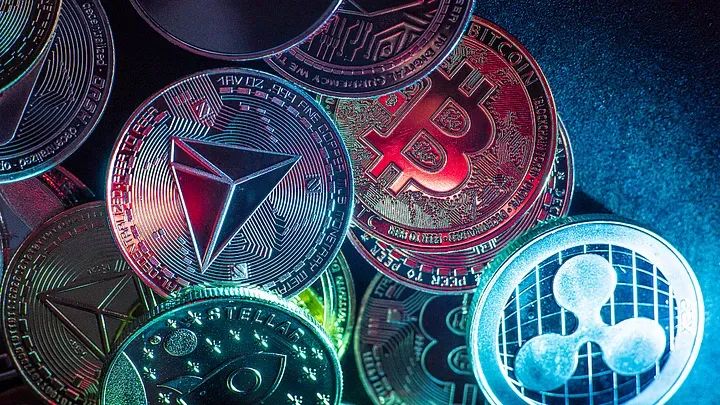
What Is The Difference Between Fungible And Non-Fungible Tokens?
Nov 26,2024 at 01:04pm
Fungible vs. Non-Fungible Tokens: A Comprehensive GuideIn the realm of blockchain technology, the concept of tokens lies at the core of many applications. Tokens represent digital assets that can be used to facilitate transactions, store value, or represent ownership. However, there exists a fundamental distinction between two types of tokens: fungible ...
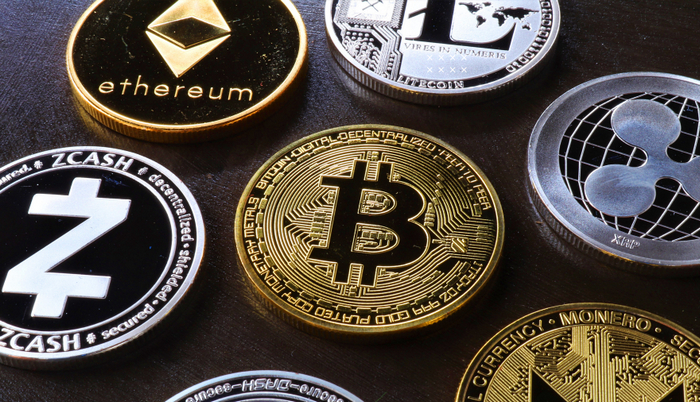
What is a Public Key Infrastructure?
Nov 23,2024 at 12:30am
What is a Public Key Infrastructure?IntroductionA Public Key Infrastructure (PKI) is a framework that enables secure communication over a network by managing digital certificates and public-key cryptography. PKI plays a crucial role in various blockchain applications, ensuring data integrity, authentication, and non-repudiation.Components of a PKIA PKI ...
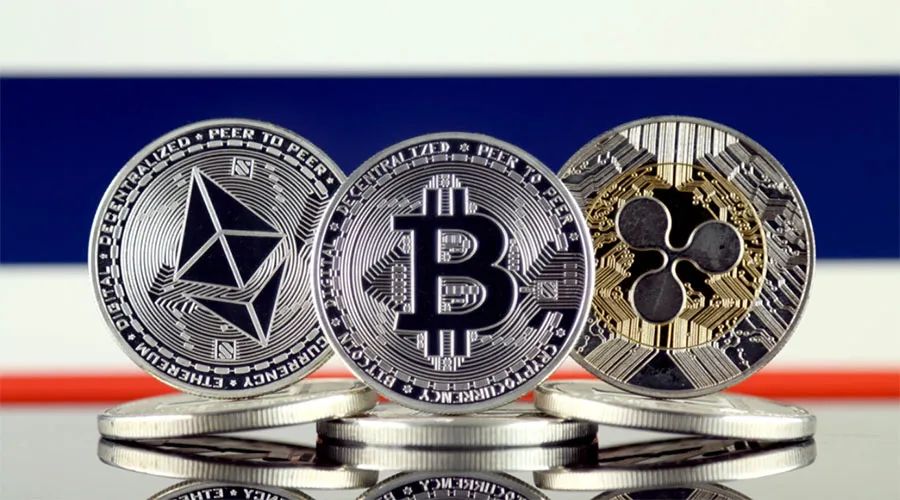
What is MEV (Miner Extractable Value)?
Nov 22,2024 at 06:22pm
What is Miner Extractable Value (MEV)?Introduction:Miner Extractable Value (MEV) is a term used to describe the profit that miners can make by manipulating the order of transactions in a block. This manipulation is possible because miners have the ability to choose the order in which transactions are included in a block, and they can use this power to f...
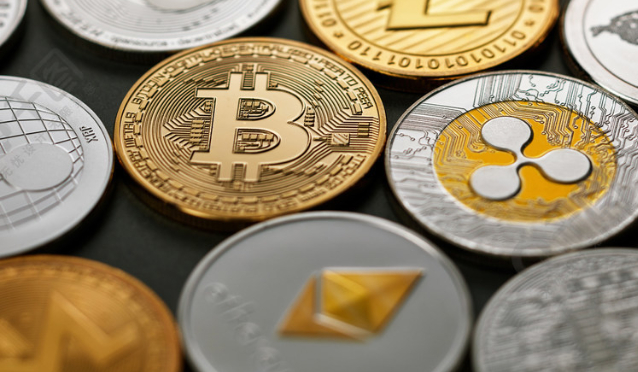
What is a Genesis Block?
Nov 24,2024 at 09:10pm
Decoding the Genesis Block: The Birth of BlockchainIntroductionThe Genesis block stands as the inaugural chapter in the blockchain saga, igniting the spark that revolutionized the world of finance and technology. This foundational block holds immense significance, embodying the inception of immutable ledgers, decentralized networks, and the transformati...
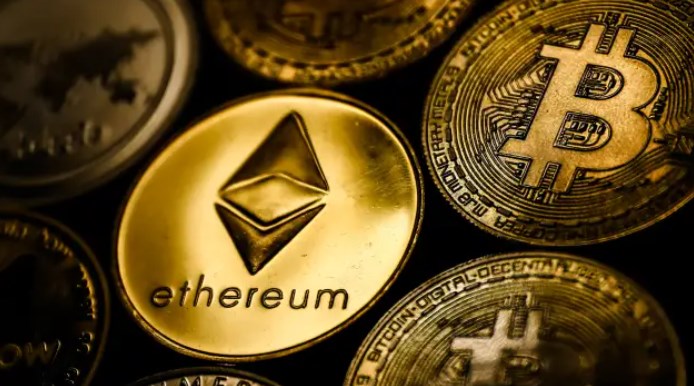
What Is an NFT Game?
Nov 26,2024 at 07:05am
What Is an NFT Game?Non-fungible tokens (NFTs) have taken the digital world by storm, empowering creators, collectors, and enthusiasts alike to own and trade unique digital assets. The integration of NFTs into the gaming industry has given rise to a captivating new realm known as NFT games, where players can not only enjoy immersive experiences but also...
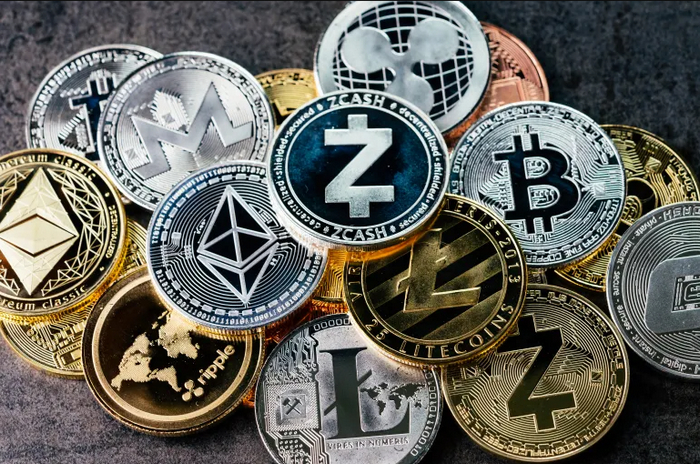
What Is an NFT Marketplace?
Nov 22,2024 at 07:43pm
What Is an NFT Marketplace?An NFT marketplace is a platform that facilitates the buying, selling, and trading of non-fungible tokens (NFTs). NFTs are unique digital assets that represent ownership of a specific item, such as a piece of art, music, video, or other collectible. NFT marketplaces allow users to create, list, and purchase NFTs, with transact...

What Is The Difference Between Fungible And Non-Fungible Tokens?
Nov 26,2024 at 01:04pm
Fungible vs. Non-Fungible Tokens: A Comprehensive GuideIn the realm of blockchain technology, the concept of tokens lies at the core of many applications. Tokens represent digital assets that can be used to facilitate transactions, store value, or represent ownership. However, there exists a fundamental distinction between two types of tokens: fungible ...

What is a Public Key Infrastructure?
Nov 23,2024 at 12:30am
What is a Public Key Infrastructure?IntroductionA Public Key Infrastructure (PKI) is a framework that enables secure communication over a network by managing digital certificates and public-key cryptography. PKI plays a crucial role in various blockchain applications, ensuring data integrity, authentication, and non-repudiation.Components of a PKIA PKI ...

What is MEV (Miner Extractable Value)?
Nov 22,2024 at 06:22pm
What is Miner Extractable Value (MEV)?Introduction:Miner Extractable Value (MEV) is a term used to describe the profit that miners can make by manipulating the order of transactions in a block. This manipulation is possible because miners have the ability to choose the order in which transactions are included in a block, and they can use this power to f...

What is a Genesis Block?
Nov 24,2024 at 09:10pm
Decoding the Genesis Block: The Birth of BlockchainIntroductionThe Genesis block stands as the inaugural chapter in the blockchain saga, igniting the spark that revolutionized the world of finance and technology. This foundational block holds immense significance, embodying the inception of immutable ledgers, decentralized networks, and the transformati...

What Is an NFT Game?
Nov 26,2024 at 07:05am
What Is an NFT Game?Non-fungible tokens (NFTs) have taken the digital world by storm, empowering creators, collectors, and enthusiasts alike to own and trade unique digital assets. The integration of NFTs into the gaming industry has given rise to a captivating new realm known as NFT games, where players can not only enjoy immersive experiences but also...

What Is an NFT Marketplace?
Nov 22,2024 at 07:43pm
What Is an NFT Marketplace?An NFT marketplace is a platform that facilitates the buying, selling, and trading of non-fungible tokens (NFTs). NFTs are unique digital assets that represent ownership of a specific item, such as a piece of art, music, video, or other collectible. NFT marketplaces allow users to create, list, and purchase NFTs, with transact...
See all articles







































